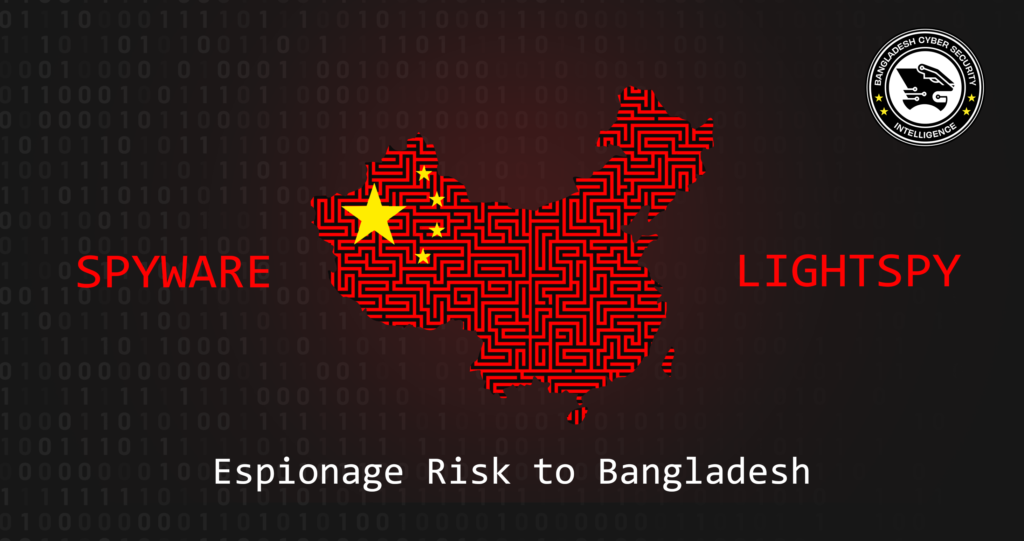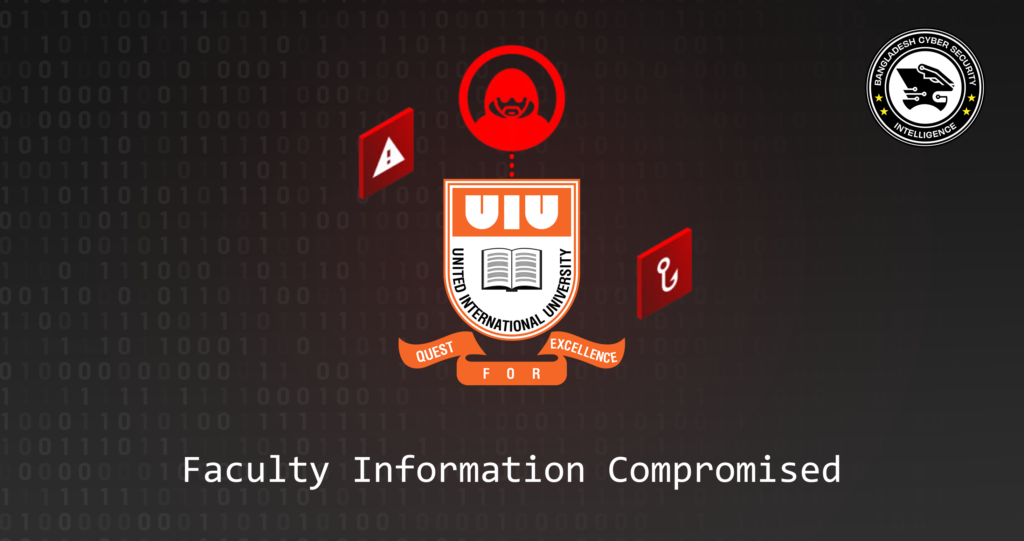
As of April 18, 2024, the resurgence of the Chinese-linked LightSpy spyware is a significant concern, with a noticeable uptick in cyber espionage activities targeting iPhone users across South Asia, including Bangladesh.
The recent findings reveal that LightSpy spyware, also known by the codename ‘F_Warehouse’, has a highly modular architecture, elevating its espionage capabilities. While initial detections were most frequent in India, the implications for Bangladesh are equally severe given the regional focus of the campaign.
This sophisticated spyware, after a period of dormancy, has resurfaced with enhanced functionalities as reported by the Blackberry Threat Research and Intelligence Team. LightSpy now utilizes a robust spying framework that includes a certificate-pinning mechanism to shield its command and control servers from detection and interception.
The attack vectors employed typically involve “watering hole” strategies, where attackers infect popular websites visited by their target demographic. These sites, often carrying news related to Hong Kong, serve as a medium to deploy the LightSpy spyware. Once a user visits these compromised sites, the malware is installed, enabling attackers to harvest sensitive data such as phone numbers, SMS messages, precise locations, and even voicemails.
The campaign’s sophistication is comparable to that of the DragonEgg spyware, attributed to a Chinese nation-state hacker group. Evidence suggests a strategic collection of data via LightSpy, extracting critical information from applications such as WeChat, Telegram, and even data stored in the iCloud Keychain.
The re-emergence of LightSpy highlights the escalating threat landscape in mobile espionage, emphasized further by Apple’s recent security alerts to users across 92 countries, including Bangladesh. The upgraded capabilities of LightSpy pose a formidable threat, enabling remote file retrieval and extensive access to personal and organizational data through commonly used applications and web browsers.
Given these developments, the Bangladesh government CIRT advises heightened vigilance and robust cybersecurity measures to mitigate the risk of espionage. It is essential for individuals and organizations to adhere to recommended security practices and update their devices promptly to protect against these sophisticated mobile spyware attacks.


